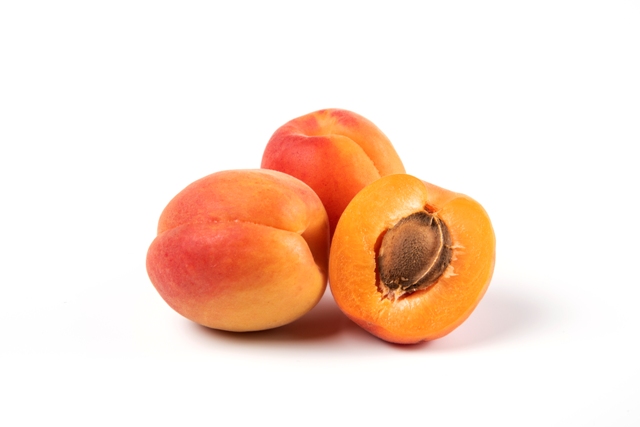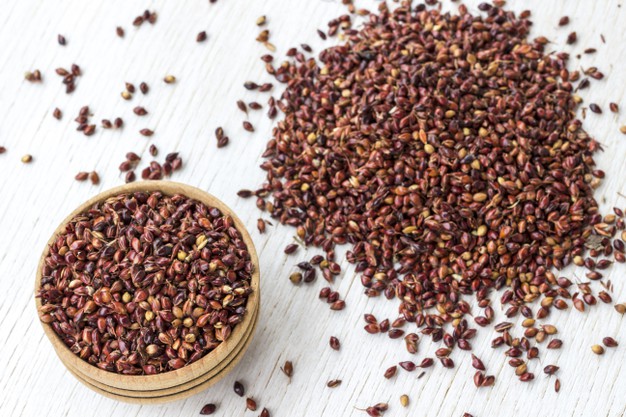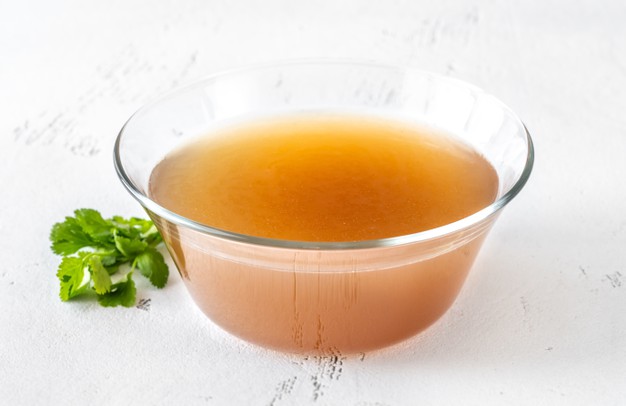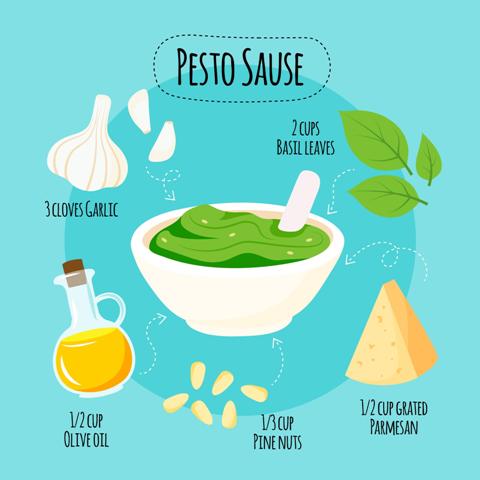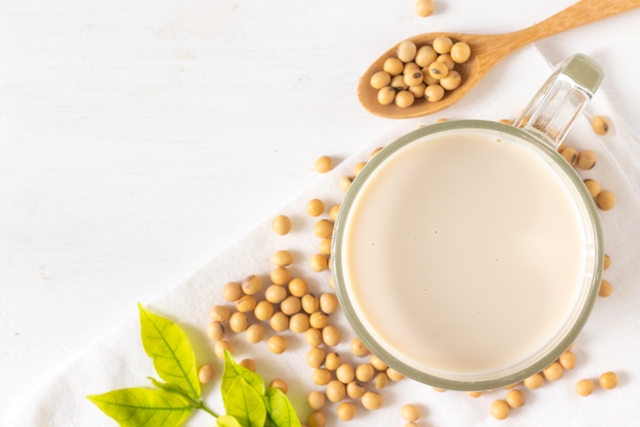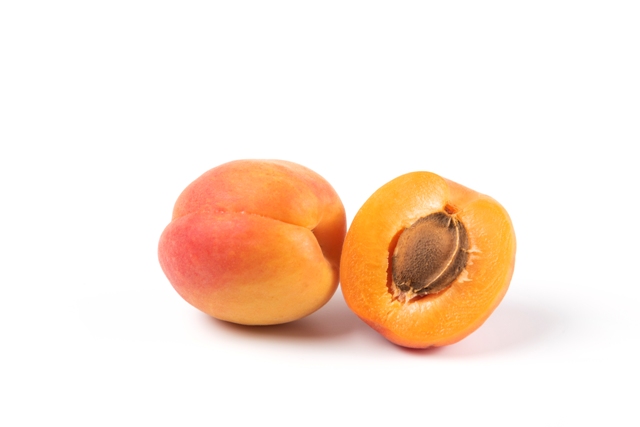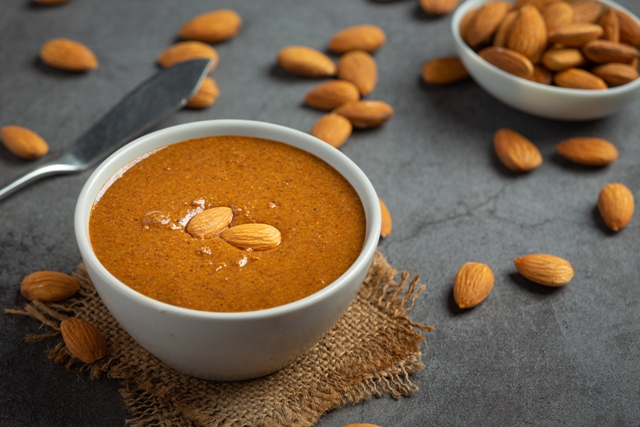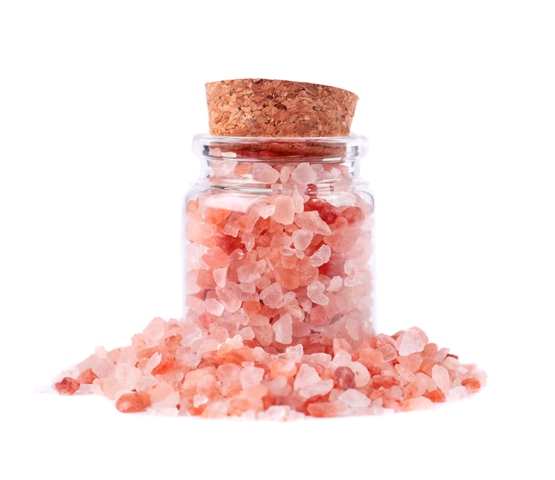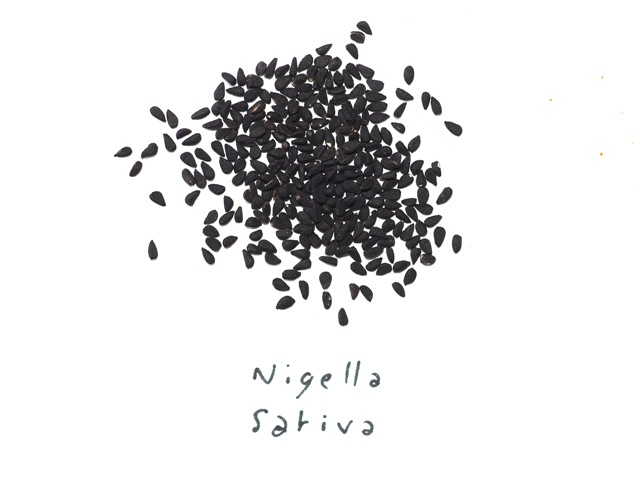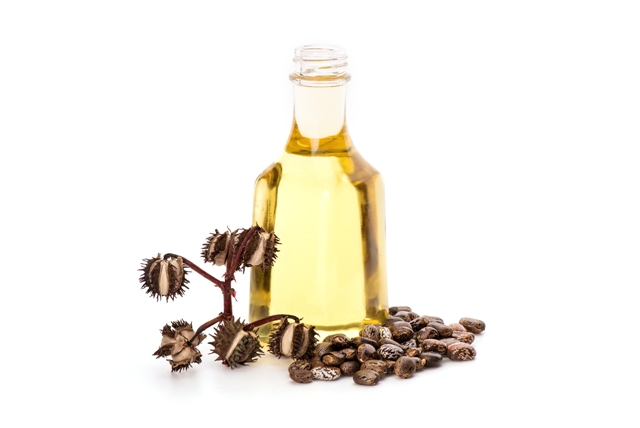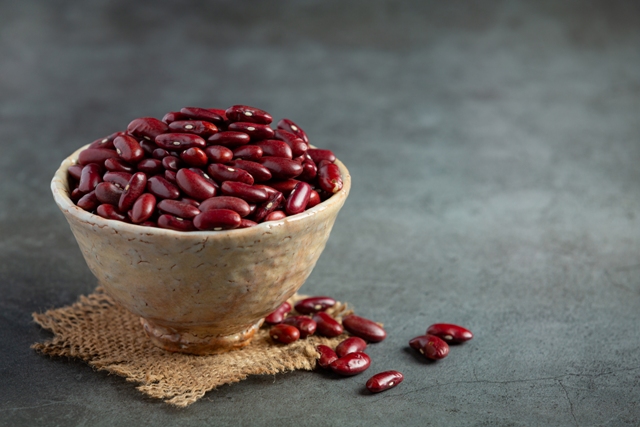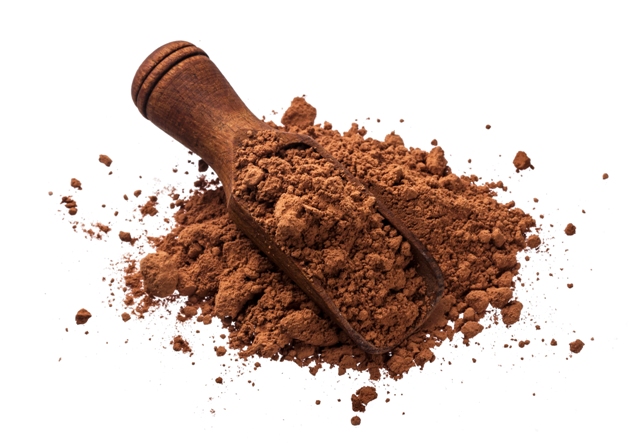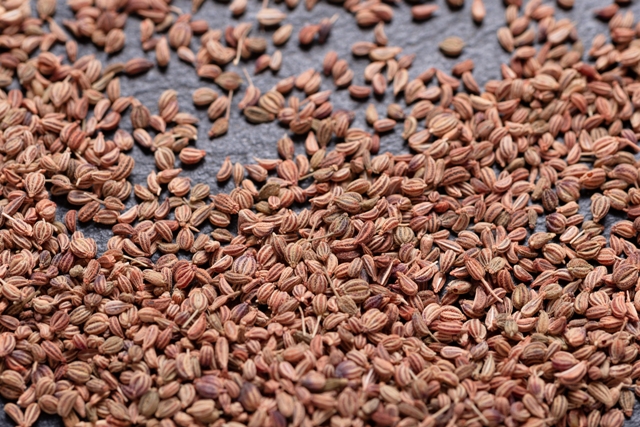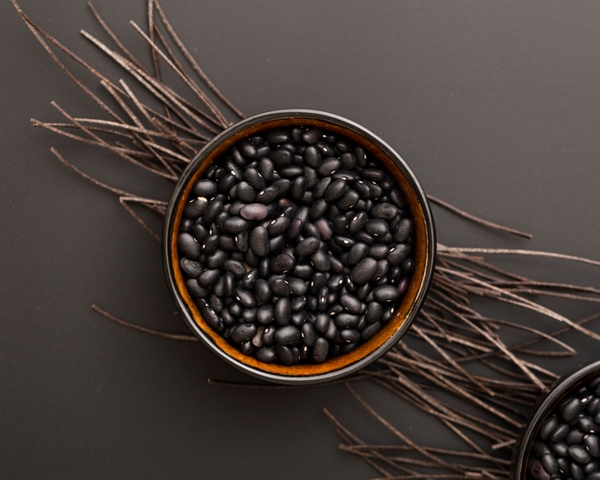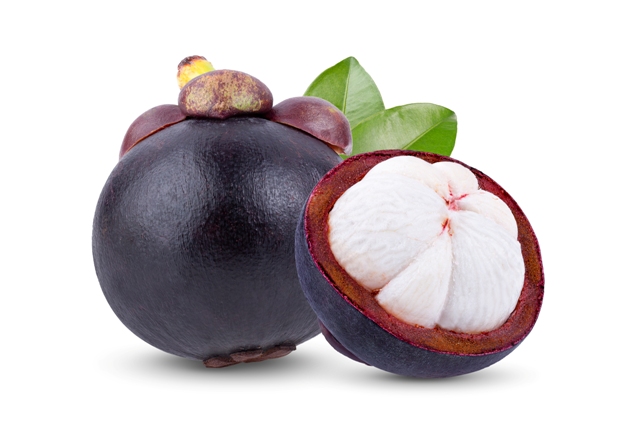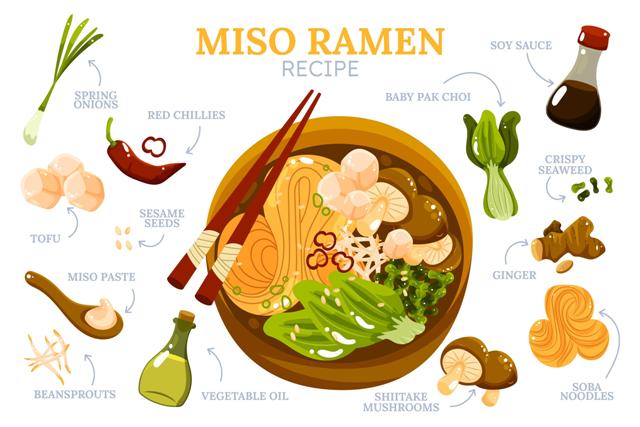Apricot, nutritional profile, biological activity, health benefits, therapeutic uses, culinary uses and risk factors
Description : Apricot is very nutritious and tasty fruits used for centuries for various therapeutic purposes.
Article Details :
Apricot is very nutritious and tasty fruits used for centuries for various therapeutic purposes.
Nutritional profile
- It contains lesser amount of carbohydrates but significantly rich in fibre
- It contains too some extent of proteins as well as fats
- It does not provide enough calories on its oxidation due to its poor fat and carbohydrate contents. It is thus considered as a low calorie food
- It is significantly rich in Vitamin A, Vitamin C and Vitamin B complex
- It also contains several important trace elements like sodium, potassium, magnesium, calcium and phosphorus
- It is packed with various phytonutrients as well that offer numerous nutraceutical activities
Biological activity
Antioxidant activity
- Its micronutrients and phytonutrients components act as antioxidant and play imperative role in protecting the body from the harmful effects of free radicals as it helps in neutralizing free radicals
- It helps to reduce oxidative stress as a result promotes overall wellbeing
Anti-inflammatory activity
- It exerts potent anti-inflammatory activity that helps in preventing inflammation
- It helps to prevent swelling and pain as well

Anti-carcinogenic activity
- It exhibits anti-carcinogenic activity as well thus its consumption is thought to be very effective for reducing the risk prevalence of carcinoma
- It helps to protect the DNA from damages and also prevents gene mutation that plays imperative role in reducing the susceptibility of developing cancers
- It helps to suppress the growth of malignant cell growth as well
Hypotensive activity
It has been extensively used as an imperative therapeutic substance for preventing hypertension and all the credit goes to its potassium content. potassium acts as vasodilator that helps in dilating blood vessels, which subsequently reduces elevated blood pressure
Anti-asthmatic activity
It has anti-asthmatic property too, that helps in relieving stress and pressure on the lung as well as on the respiratory system as a result helps in preventing asthma attack
Health benefits
Role on digestive health
- It is better to include apricot in diet in order to obtain a healthy digestive system
- Its fibre content helps in preventing constipation and plays vital role in cleaning out the intestine
- It is also associated with promoting gut health
Role on skeletal system
- It contains significant amount of calcium, phosphorus, iron, manganese and copper, all of these minerals are extremely useful for healthy bone formation
- It helps in improving bone mass as well as bone mineral density
- It is also associated with improving the symptoms of osteoporosis
Role on hepatic health
- Consumption of apricot is very effective for improving the health and activity of liver
- Its antioxidant activity is responsible for protecting the liver cell or hepatic cell from oxidative damages as a result helps in sustaining their activity, which ultimately promotes metabolism
- Its fibre content is also responsible for improving hepatic health as it helps in reducing the prevalence of fatty infiltration of hepatic cell by inhibiting fat deposition within the cell as a result minimizes the prevalence of fatty liver disease
- It is associated with reducing the risk of developing gall stones as well

Role on metabolism
- It plays vital role in boosting up the overall metabolism of the body
- It helps in cellular respiration too
- It is also associated with maintaining cellular energy level and plays vital role in preventing fatigue
- Its sodium and potassium contents are accountable for maintaining electrolyte balance of the body and by maintaining a healthy electrolyte balance one can have more energy
- Its iron content is related with promoting blood circulation, which also helps in ensuring healthy metabolism
Role on cardiovascular health
- Incorporation of apricot in diet is considered as a healthy option for promoting cardiac health as it contains various cardio friendly nutrients that help in boosting up cardiac functionality
- Its micronutrients and phytonutrients components are also accountable for protecting the heart from oxidative damages, which ultimately minimizes the risk of Read more

